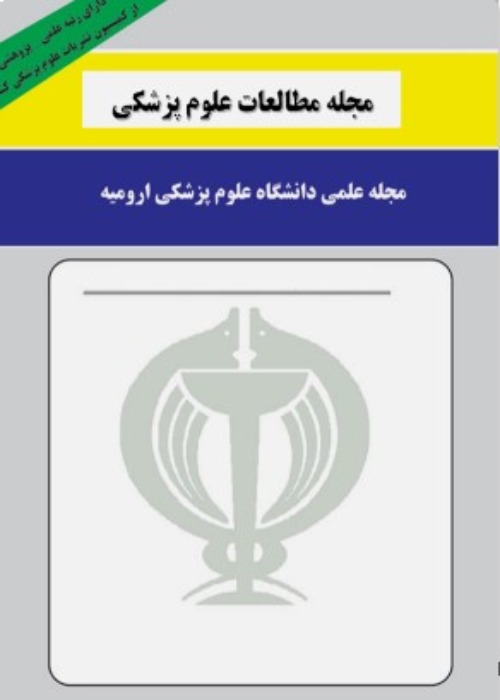THE PRINCIPLES AND MEASURES OF MEDICAL ETHICS AND THE QUANTITY OF THEIR CONSISTENCY WITH ISLAMIC ETHICS
Abstract:
Background and Aims
Four principles of medical ethics, i.e. respect for autonomy, beneficial, non-maleficience and justice have been attributed to general judgments. They were utilized and evaluated as unquestioned ethics through which man's act are being investigated. There are many discrepancies, such as determining the realm of freedom, and the independence of the individual who do not possess discernment in these codes, or they could be cases such at fetuses, infants, coma-patients, prisoners, etc that make doctors and medical teams face serious problems and doubt in decision making. Since the definition and the realm of these four principles differ when we compare different weltanschauungs, the system of the Islamic ethics should be justified accordingly.Having explained the principles, attempts have been made to measure the degree of consistency between these principles and the Islamic ethics and thoughts.Materials and Method
This research is descriptive and comparative. Having explained the similarities and differences as well as usages of the unquestioned principles, the research tries to explain and compare the principles and bases of Islamic ethics and thoughts.Result
An investigation of various ethical schools show that the principles and quadruple measures are obtained from utilitarianism whereas, the system of Islamic ethics is derived from teleology and deontologism. In this regard, these two systems (Islamic ethics and medical ethics) cover each other in some bases, while they are inconsistent in some other parts. Discussion
Since Islam is a teleological and deontological religion, the ultimate goal in its moral system is the welfare of man and getting closer to God. In this respect, man, from the divine religion's point of view, has two aspects: body and soul, and has a great place and dignity in the existence. So the reason of his existence is reaching his proper evolution and getting closer to his Lord. That is why Islamic-medical ethics is in the framework whose parameters are elaborated in the structure of Islam. Accordingly, man is to consider the virtue of God, to observe his own responsibility before God, himself, and society. He has emphasized to use his efforts for the transcendence his spirit, the stages of his existence, intention, divine in motivation and spiritual pleasures. These variables would be the best guarantees for the ethical measures and principles in the domain of medical occupation. This therefore can free the medical team from doubt and decision making crises, the execution of research projects, and compensate the weakness of the other ethical schools which are based on human being's desires, mortal pleasures and the improvement of the medical life.Keywords:
Language:
Persian
Published:
Journal of Medical Science Studies, Volume:18 Issue: 4, 2008
Page:
652
magiran.com/p496806
دانلود و مطالعه متن این مقاله با یکی از روشهای زیر امکان پذیر است:
اشتراک شخصی
با عضویت و پرداخت آنلاین حق اشتراک یکساله به مبلغ 1,390,000ريال میتوانید 70 عنوان مطلب دانلود کنید!
اشتراک سازمانی
به کتابخانه دانشگاه یا محل کار خود پیشنهاد کنید تا اشتراک سازمانی این پایگاه را برای دسترسی نامحدود همه کاربران به متن مطالب تهیه نمایند!
توجه!
- حق عضویت دریافتی صرف حمایت از نشریات عضو و نگهداری، تکمیل و توسعه مگیران میشود.
- پرداخت حق اشتراک و دانلود مقالات اجازه بازنشر آن در سایر رسانههای چاپی و دیجیتال را به کاربر نمیدهد.
In order to view content subscription is required
Personal subscription
Subscribe magiran.com for 70 € euros via PayPal and download 70 articles during a year.
Organization subscription
Please contact us to subscribe your university or library for unlimited access!


